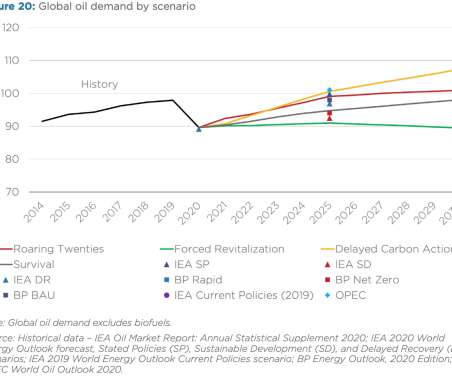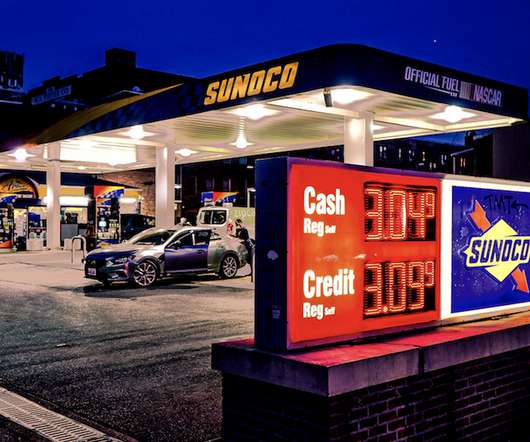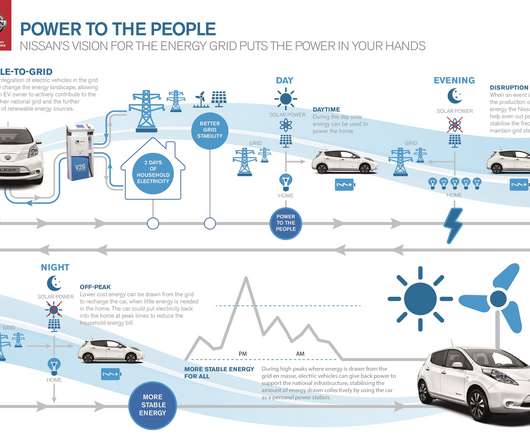Study finds global oil demand likely to grow despite pandemic, climate policies
Green Car Congress
JULY 13, 2021
The COVID-19 pandemic has significantly affected both consumer and commercial transportation, but global oil demand will probably continue to grow through 2030, according to a new study. In three of the four scenarios, global oil demand continued to grow through 2030. Lines represent global oil demand by study scenario.










































Let's personalize your content